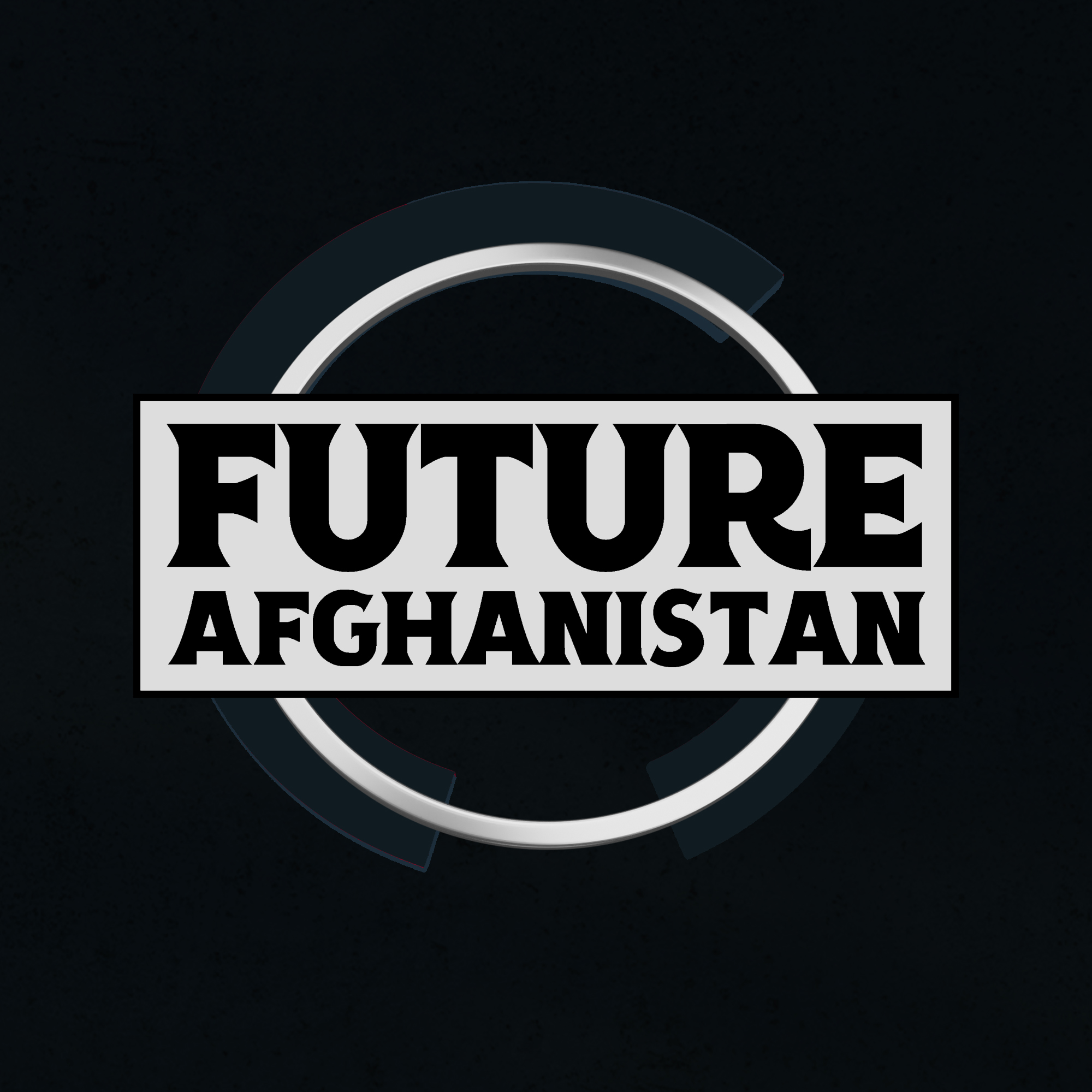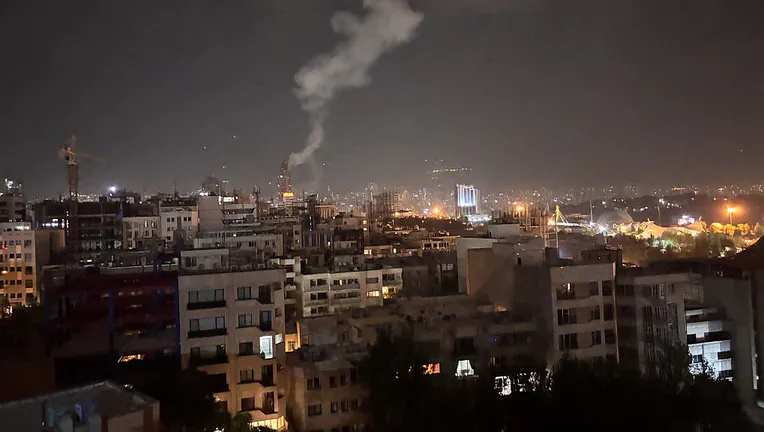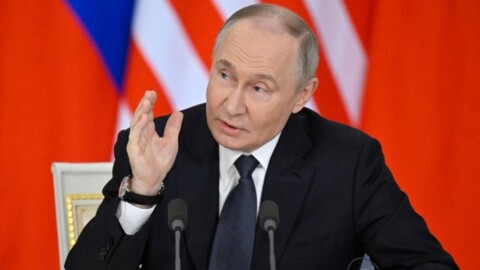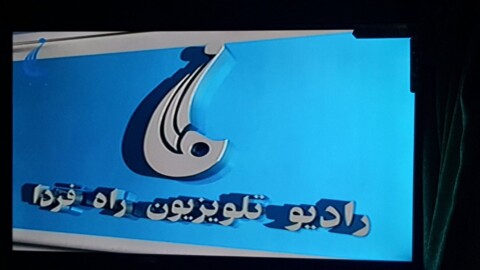Hossein Salami, the commander-in-chief of Iran’s Islamic Revolutionary Guard Corps (IRGC), who led Iran’s recent strike against Israel, was among those killed in today’s Israeli attack on Iran.
He was born in 1960 in Golpayegan, Isfahan. In 1978, he entered Iran’s University of Science and Technology to study mechanical engineering. After the Iran-Iraq war, he continued his education at the same university and earned a master’s degree in defense management from Iran’s National Defense University.
On April 21, 2019, Iran’s Supreme Leader Ayatollah Ali Khamenei promoted Salami and appointed him commander-in-chief of the IRGC.
On the first anniversary of former Iranian President Ebrahim Raisi’s death, Salami said, “Iran will never surrender to your political will. Even the fact that Iran is not pursuing nuclear weapons is due to the political will of its people and great leader, not because of your pressure. You are in no position to force us into anything.”
Another senior figure, Ali Shamkhani, an advisor to Iran’s supreme leader, also died in today’s Israeli attacks on Tehran.
Born in 1955 in Ahvaz, Shamkhani was of Arab descent. He earned degrees in agricultural engineering and a master’s in management from Jundi-Shapur University. Before serving as a top advisor to Khamenei, Shamkhani held several high-level positions, including commander of the Khuzestan IRGC unit, deputy IRGC commander, and Iran’s defense minister. He was one of the few Iranian commanders with the rank of major general.
As spokesperson for Iran’s Supreme National Security Council, Shamkhani had said, “We will cooperate with any force that fights against ISIS and will stand against groups that use illegal weapons against legitimate governments. This cooperation will continue both globally and within the Islamic world.”
Also among the dead was Mohammad Hossein Bagheri, chief of the Iranian Armed Forces General Staff.
Born in 1960 in Tehran, Bagheri studied mechanical engineering and strategic defense management at Iran’s National Defense University. He was appointed to his position in 2016 by Iran’s Supreme Leader.
Bagheri once stated, “To solve any part of our problems, we must rely on the people. Abroad, everyone is either our enemy or competitor. Though they smile in public, the reality is different. The path of righteousness has few supporters and is a hard one. So, it is the people who must step in and solve the problems.”
Reuters reported that at least 20 senior IRGC commanders, including the IRGC Air Force commander and six nuclear scientists, were killed in the Israeli strikes.
Former diplomat Aziz Maarij commented, “Although Friday morning’s sudden Israeli attack on Iran was unexpected, it cannot be considered a total surprise. Israel had long been prepared for such action, and Iran had taken precautionary measures. Nevertheless, the strike had significant consequences, including the deaths of several key military and nuclear figures and the targeting of sensitive sites.”
Despite the heavy Israeli airstrikes on several parts of Iran that resulted in the deaths of senior officials, Tehran has yet to issue an official response. However, Iran’s supreme leader, the IRGC, and other officials emphasized that Iran reserves the right to respond to Israel at a time and place of its choosing.







